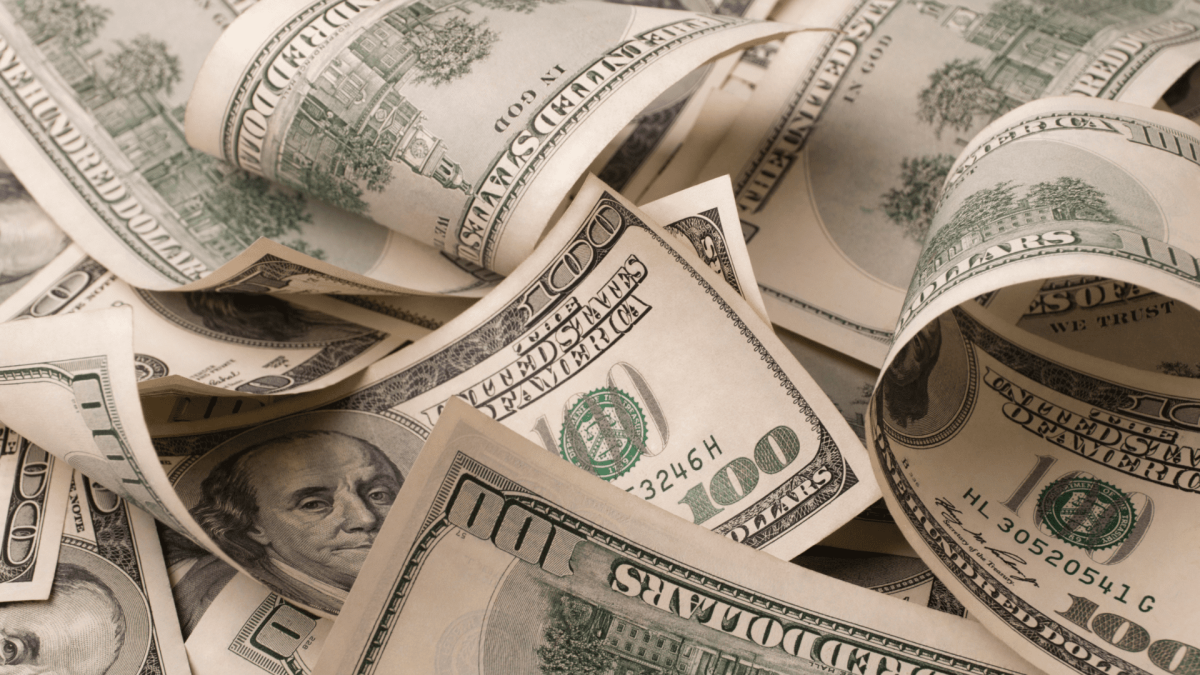By Valerie Hall, Estate Planning Attorney
When it comes to estate planning and clean-outs, families often guess wrong about what’s worth money and what isn’t. The emotional value of an item doesn’t always translate into resale value—and that can lead to confusion, clutter, and even conflict during estate administration.
At a recent presentation by a professional estate appraiser, I was struck by how often value hides in plain sight—and how often it’s falsely assumed in the wrong places.
So, what really holds value in an estate? And what doesn’t?
✅ Top 10 Items That DO Hold Value
- Lawn Equipment – Leaf blowers, edgers, and well-maintained mowers often retain value, especially name brands.
- Tools – High-quality hand and power tools, even used, are in demand.
- Gold & Silver Jewelry – Regardless of appearance, the metal content gives it lasting worth.
- Coin Collections – Silver coins and curated collections are always of interest to collectors.
- Sports Collectibles – Baseball cards, jerseys, or gear from pre-1980 events can fetch a surprising price.
- Watches – Mechanical or vintage watches, even if not functioning, can have value.
- Costume Jewelry – Certain vintage brands (like Trifari, Monet, etc.) are highly collectible.
- Vintage Clothing – Clothing from the 50s–80s, especially if unique or designer, is hot on resale sites.
- Event Items (Pre-1980) – Limited-edition keepsakes from concerts, expos, or historic events can attract niche buyers.
- Small, Shippable Items – If it’s smaller than a breadbox, it’s easier to sell online (think figurines, paperweights, etc.).
📍Tip: Check out EBTH – Everything But The House for selling these types of items with national reach.
❌ Top 10 Items That DO NOT Hold Value
- Brown Furniture – Think heavy dressers, hutches, and rolltop desks. Hard to move, hard to sell.
- Dining Room Sets – Large buffets and hutches are out of fashion and often end up donated.
- China & Silverplate – Unless it’s sterling, the demand just isn’t there anymore.
- Collectibles from the 90s-2000s – Beanie Babies, Precious Moments, and Longaberger baskets rarely sell for more than a few dollars.
- Home Shopping Network Items – QVC/HSN purchases don’t typically appreciate in value.
- Work Clothes from the 2000s – Unless it's vintage or designer, used everyday clothes don’t resell well.
- Old Newspapers – Unless covering a major world event in pristine condition, most are recyclable.
- Magazines – Even full runs of National Geographic generally have little to no resale value.
- Books & Encyclopedia Sets – Especially hardcover encyclopedias. They’re heavy and outdated.
- Anything Labeled “Limited Edition” – The phrase itself was overused in the 90s and doesn’t guarantee value.
Final Thoughts: Sentimental ≠ Valuable
When you're dealing with an estate—or planning your own—it helps to separate what’s emotionally significant from what’s financially significant. The two don’t always overlap.
As an estate planning attorney, I encourage clients to talk with their families about sentimental items and inventory the assets that may need formal appraisals or professional sales support. You’ll save your loved ones time, stress, and uncertainty—and that’s a legacy worth leaving.
